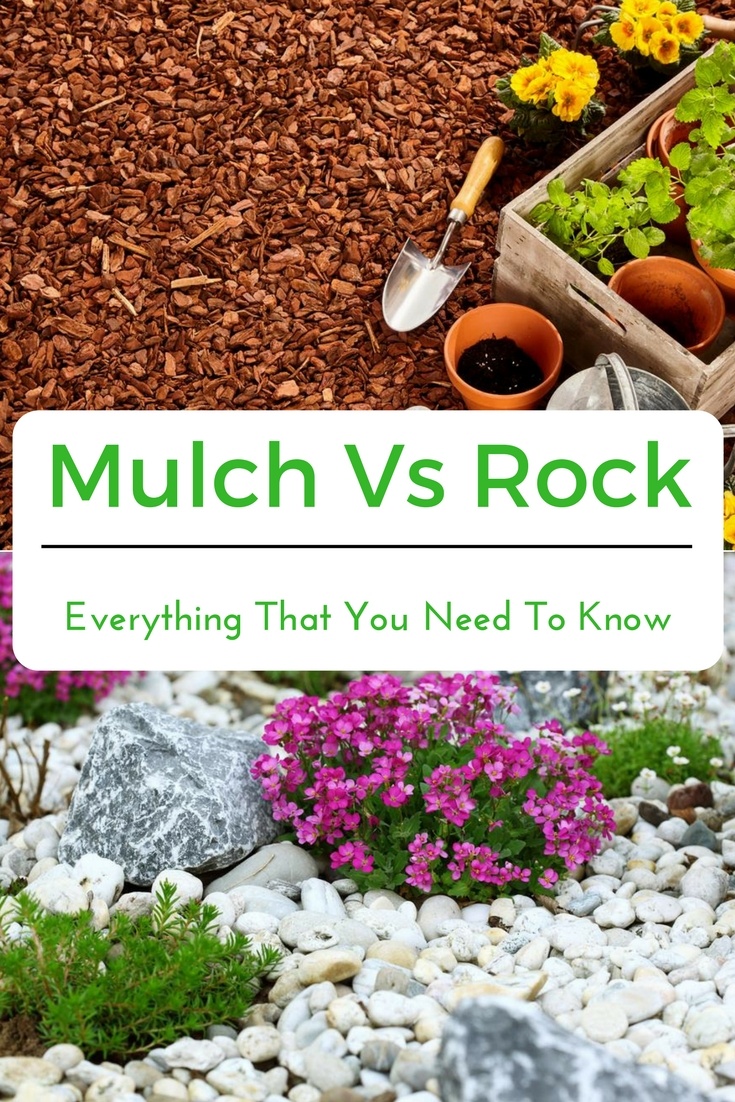Did you know the mulch and rock have their respective differences? Are you one of the gardeners who are confused as to which to use? Familiarize yourself with mulch and rock by reading the provided information below.
As you all know, applying mulch or rock in your garden can bring numerous benefits. These advantages include reduced water loss, and erosion, enhanced nutrition soil and a balanced temperature for the soil. Mulch and rock are two of the most used in gardens today because of the incredible benefits they have.
If you are unsure as to when to use mulch or rock, then knowing their key differences is essential:
What Is Mulch?
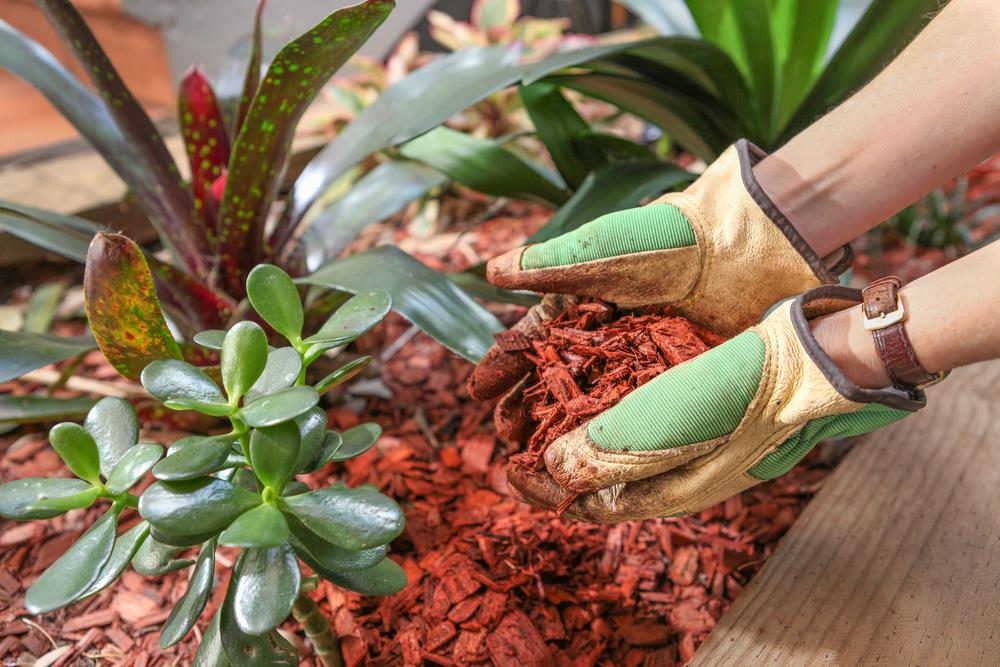
Mulch is the most common type of compost that is used in garden soil. Mulch is made out of oak trees, eucalyptus, hemlock, pine, cypress, and as well as the bark of cedar. If you have one of the above mentioned mulches, you can create your own. One popular way to create rich, organic mulch is through composting using a composter tumbler. This makes mulch inexpensive in the long run since you can utilize any organic material that you have, which is likely far more than you think.
What Is Rock Mulch?
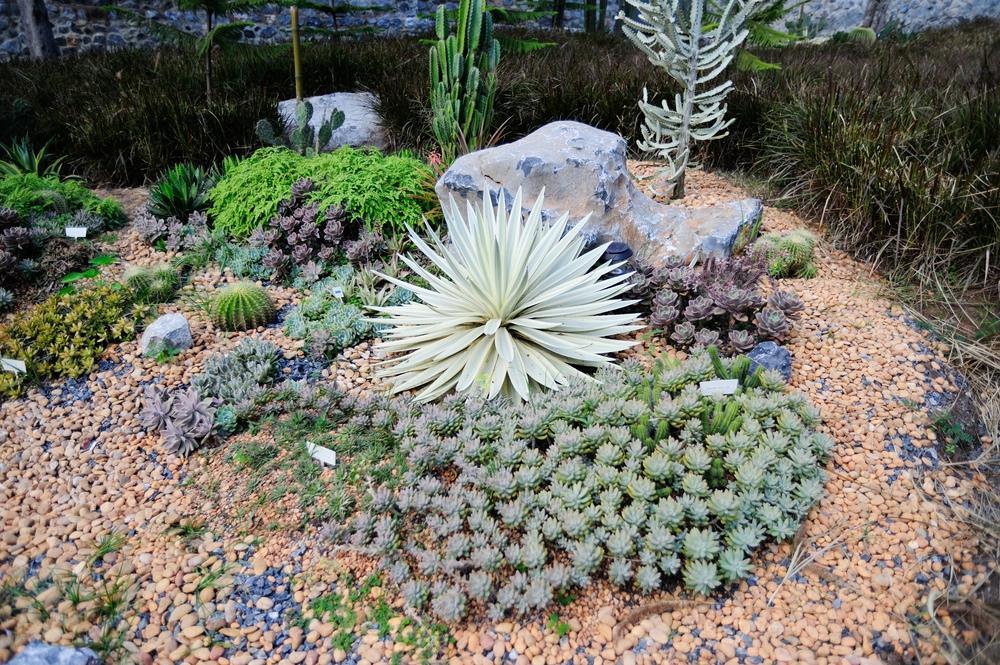
Rock mulch is one of the most common types of inorganic mulch. This will include river rock, pea gravel, granite, quartz, and lava rock. The gravel’s size can range from a pea to that of a golf ball.
Benefits Of Using Mulch
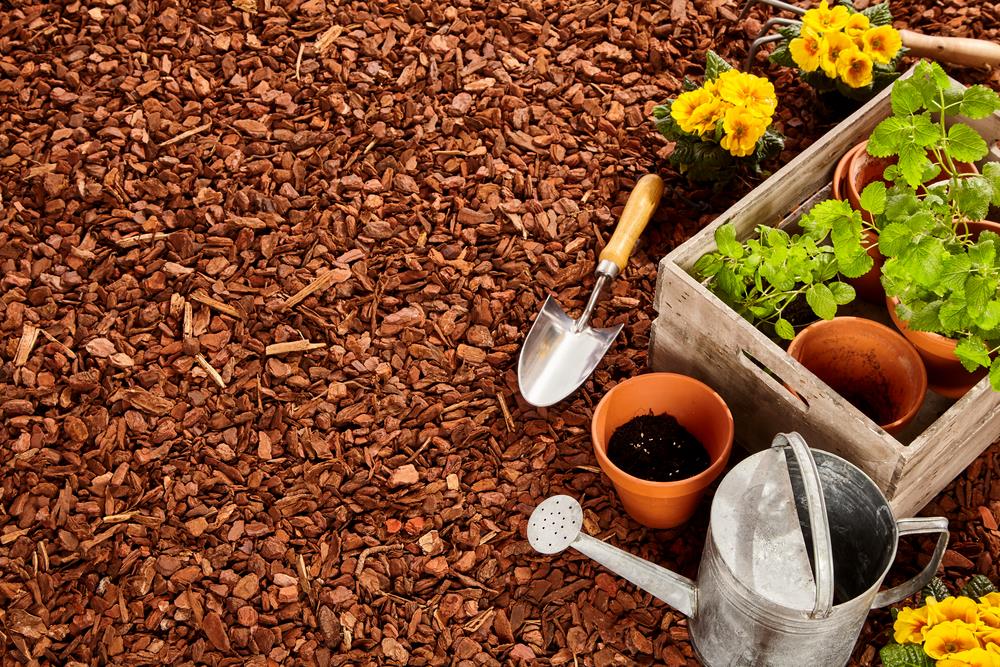
Less Water
One of the main benefits of using mulch is that you no longer have to water your soil very often. This is because a foot of mulch can hold up to three inches of water. There are also different colors to choose from, such as red, black, and dark brown.
Improved Moisture And Nutritional Level
Another great benefit of using mulch is that it will even up the moisture level of your soil. This will make the soil hospitable for the nutrients’ proliferation. The nutritional value can further increase once the mulch passes the mineral to the soil. There are a number of inexpensive soil and moisture pH meters available to help you assess the current state of your lawn.
Prevent Weeds Growth
Mulch is also known to contribute to reducing the weeds’ proliferation. Both inorganic and organic mulches can help prevent the growth of unwanted weeds and grass.
Benefits Of Using Rock Mulch
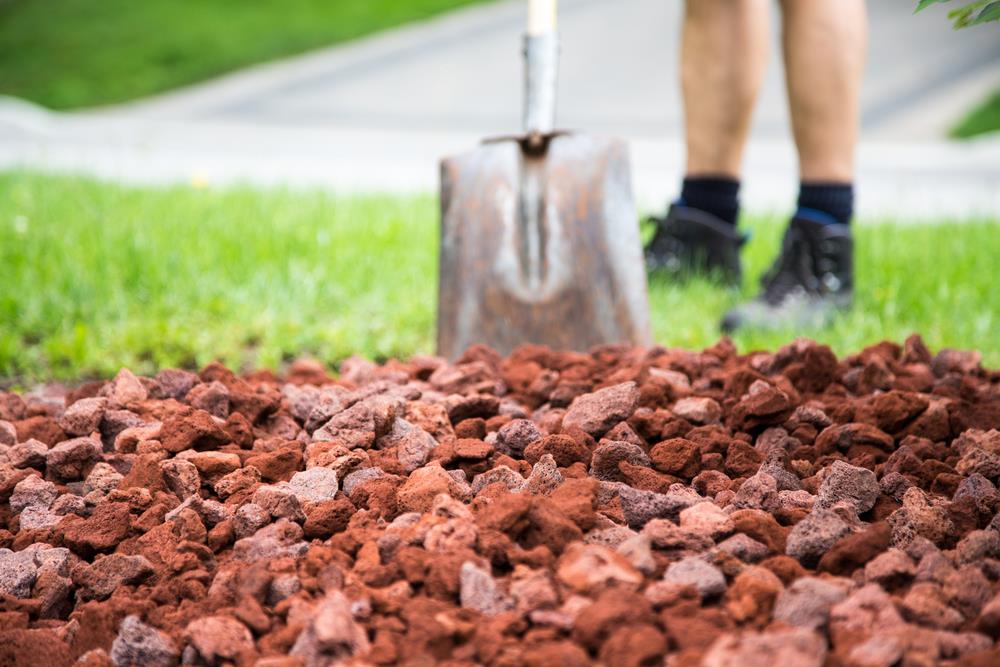
Does Not Decompose
One of the best things about using rock mulch is that they don’t decompose. They can last for a long period of time. They can help cover your ground in the long run, without having to purchase another batch to replace. And since they don’t decompose, the risk of bug problems are also minimized.
Does Not Require Too Much Maintenance
Rock mulch is known to be low maintenance since they are not alive. It doesn’t require reapplication as often as organic mulch either. Another good thing about rock mulch is that its appearance will always stay the same. Lastly, they can’t easily be displaced by pets or blown away by strong winds (from nature or from your blower).
Being Durable
Using rock mulch is better than using living or organic grounds because of its durability. Rock mulch is perfectly made for heavy use. Rock mulch can’t easily be destroyed or trampled on, so you don’t have to worry about anything at all except occasionally blowing the loose leaves off.
After reading about the benefits you should know when it is best to use each type.
When To Use Mulch
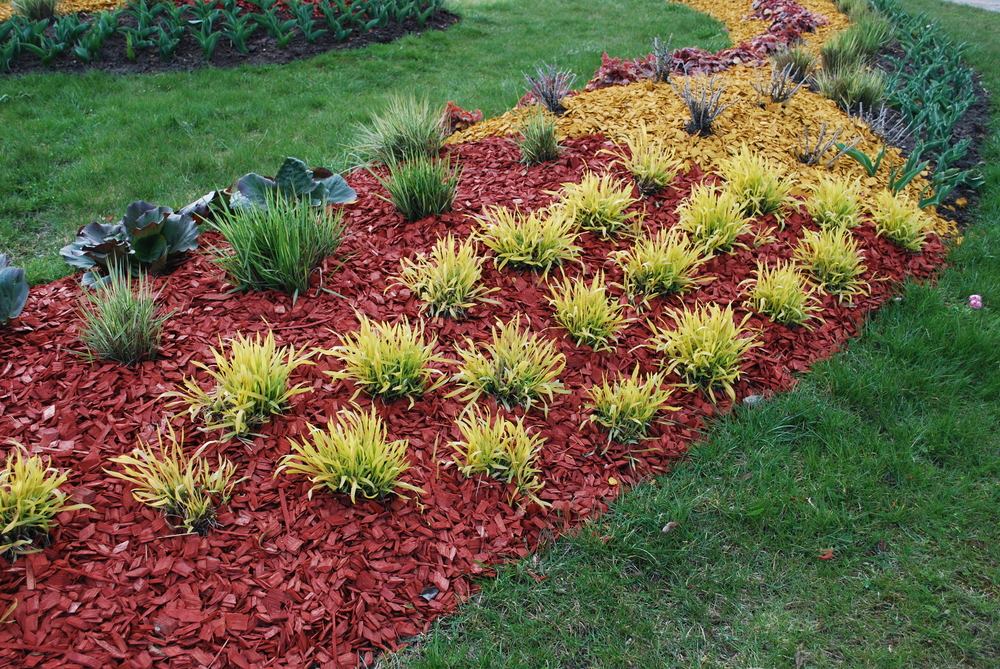
It is best to use mulch during the middle or late autumn and spring when the soil is warm and moist. Avoid applying mulch during early spring and winter since the soil can be too cold. Avoid using during the summer season because the soil is dry. Mulch can be applied in specimen plants, established beds, and new plantings.
When To Use Rock Mulch
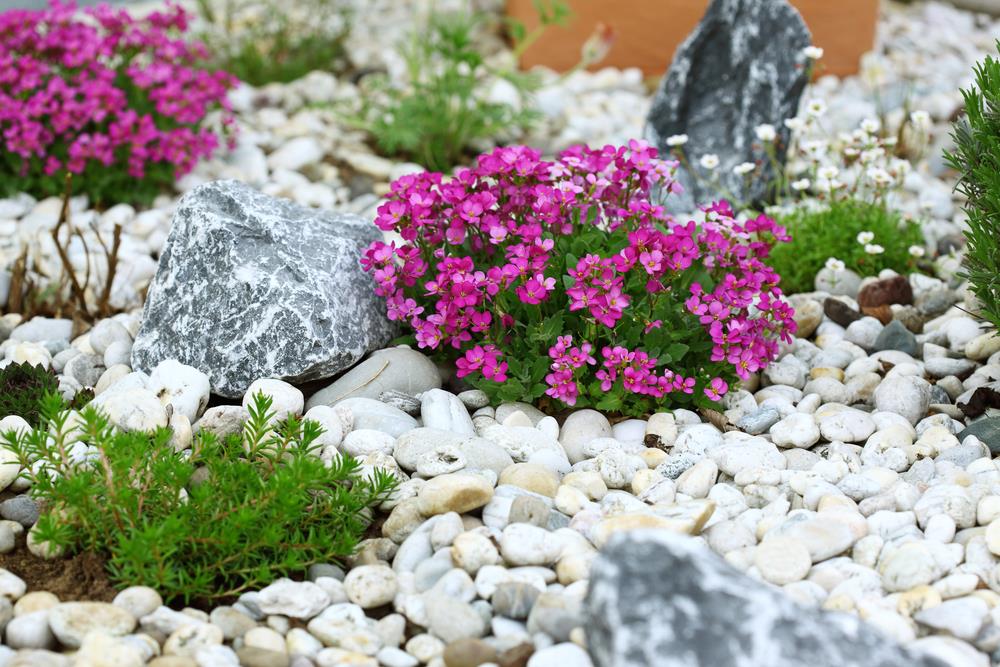
You can use rock mulch if you want a permanent solution to your usual gardening problems. Because rocks have the ability to help retain heat, they can also assist in drying the soil at nights while keeping the plants warm below. To ensure that your plants are healthy, you need to spread the rock mulch around shrubs and trees.
Applying Mulch
Mulch should be at least three inches thick to be effective but even a 1"-2" layer is far better than nothing at all. Remove weeds and start laying the mulch over the moist soil. If you are going to create new beds, it would be best to plant through the sheets of mulch. Lastly, when mulching specimen shrubs and single trees, mulch them at the canopy’s radius.
Applying Rock Mulch
Use the anti-weed fabric, cover the area and make sure that the fabric perfectly fits the area as excess is wasteful and more difficult to hide. You can also install some edging around to ensure that the rocks will be kept in place. Once done, you can pour the rocks until they are at least 2 inches thick. Avoid putting in rocks from trunks and stems.
Bottom Line
Above is all the information about mulch vs. rock that you need to get started. Start deciding which one is more useful for your garden so that you can start your mulching tasks.
Pin It!
